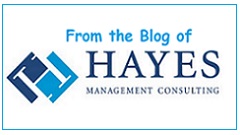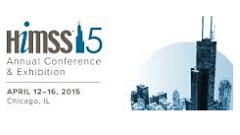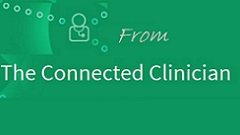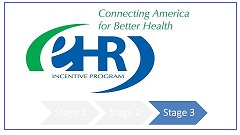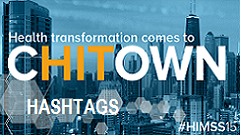Overcoming Resistance to Change: It’s All About the Buy-In
By Melinda Outlaw – Healthcare organizations are facing an overwhelming number of complex changes related to new initiatives, government regulations and the optimization of current processes. Many of these changes are regulatory generated, while others are competitively motivated, policy-driven and/or a result of customer derived requirements.
Read More
